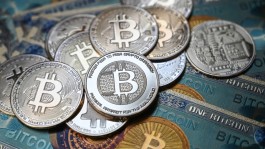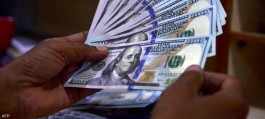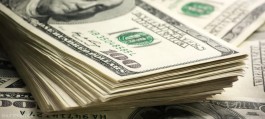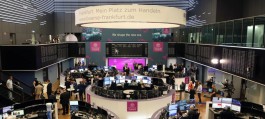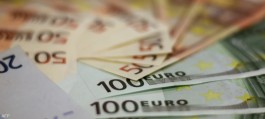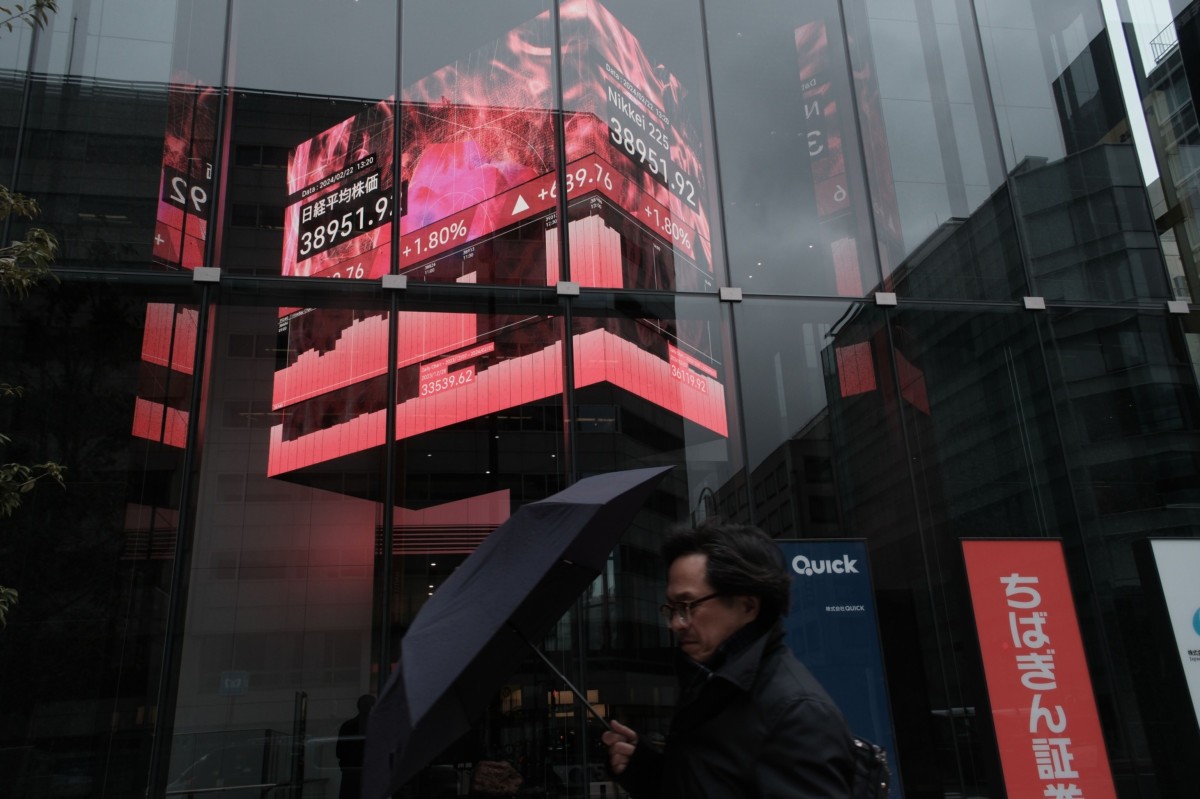Asian stocks struggled in trading today after a tepid US session, with investors divided over whether the market can sustain this month's rally.
Stocks in Japan fell, while shares in South Korea and Australia rose. Hong Kong futures were flat at the open. U.S. stock futures were little changed. The S&P 500 briefly touched 5,200 before paring its advance at the close.
Yields on 10-year Treasuries steadied after falling on strong demand at a three-year bond auction. The Bloomberg Dollar Spot Index held onto gains from Tuesday. The Japanese yen fell as U.S. calls for caution on intervention raised expectations that the currency will face continued pressure. Japanese Finance Minister Shunichi Suzuki said the government is ready to take all possible measures as needed.
Chinese President's Journey
In Asia, the focus will be on President Xi Jinping’s trip to Europe and how to develop trade relations. In another sign of geopolitical tensions between China and the West, the United States has revoked licenses that allow Huawei Technologies Co. to buy semiconductors from Qualcomm Inc. and Intel Corp., according to people familiar with the matter.
Stock markets around the world are trying to bounce back from April's declines, with gains fueled by the prospect of a Federal Reserve rate cut and strong earnings.
“We continue to see equity prices rally as long as fundamentals remain stable and earnings growth remains positive,” said Anthony Saglimbeni of Ameriprise. “Higher interest rates and steady inflation, coupled with the Fed keeping monetary policy at restrictive levels for longer than expected at the start of the year, add some risk.”
US economic growth
Despite robust consumption and the AI craze, U.S. economic growth slowed in the last quarter while inflation remained high. Minneapolis Federal Reserve President Neel Kashkari said Tuesday that the central bank will likely keep interest rates high for an extended period of time until officials are confident that rates are on track to meet their target.
In commodities, oil fell as traders tracked tensions in the Middle East and a U.S. inventory report that pointed to lower prices.
Despite the strong growth momentum in the US, it is likely to slow, and this could weigh on stocks, which have been decoupled from the Fed’s decisions, assuming growth will accelerate in the future, the JPMorgan team led by Mislav Matejka wrote.
The biggest buyers of U.S. stocks, publicly traded companies that buy back their own shares, are back in the market and ready to lead the next leg of the stock rally, according to Goldman Sachs Group Inc. About a sixth of the estimated $934 billion in share buybacks this year are expected to occur in May and June, wrote Scott Rubner, the group’s strategist.


















